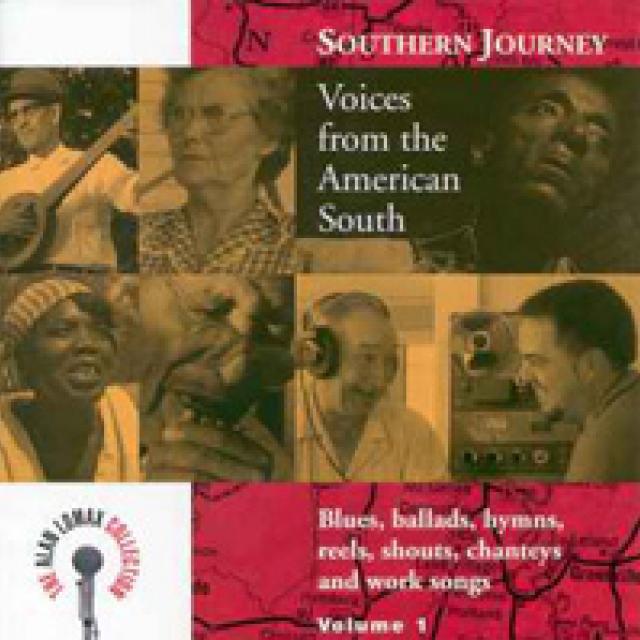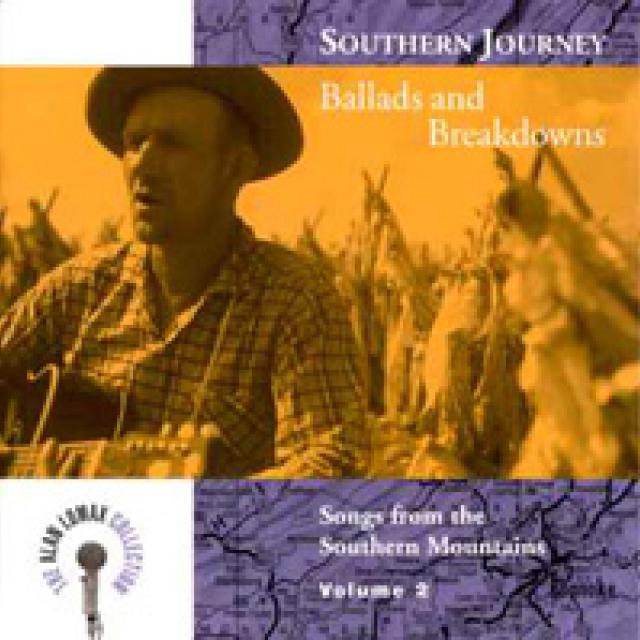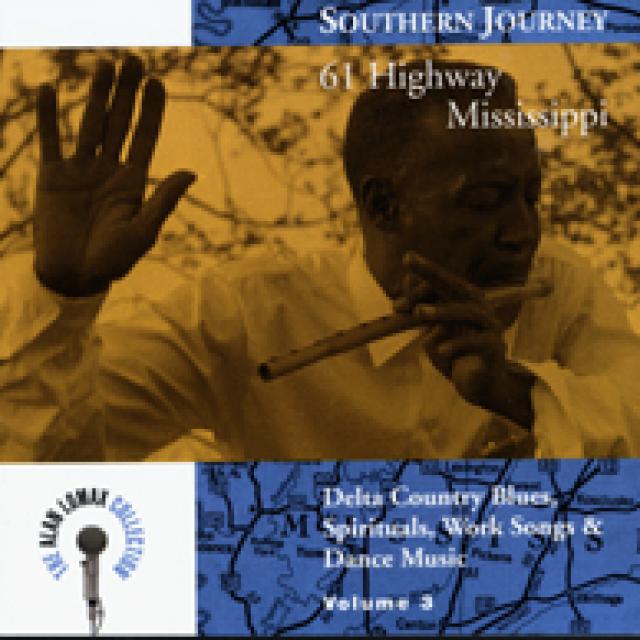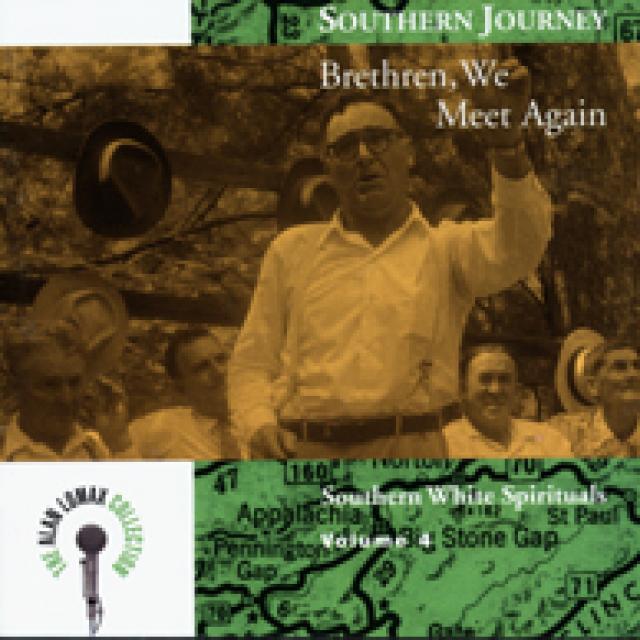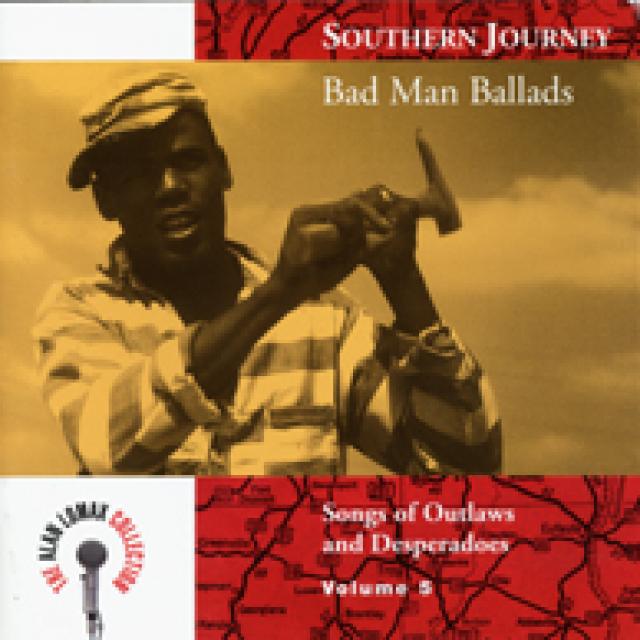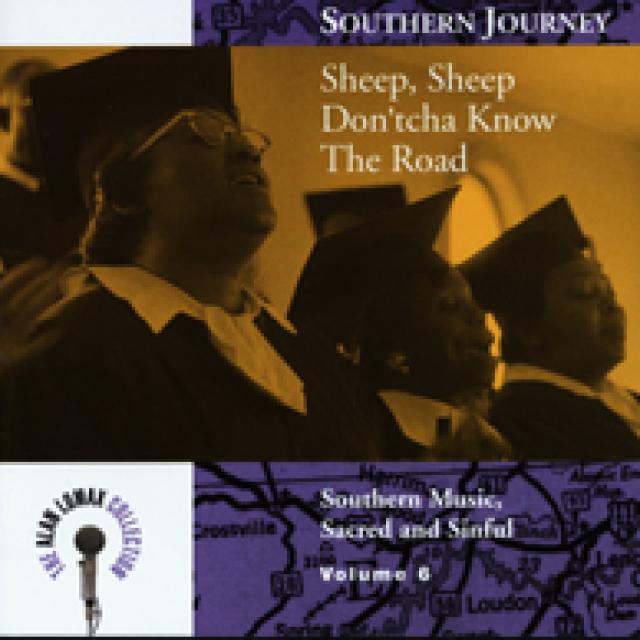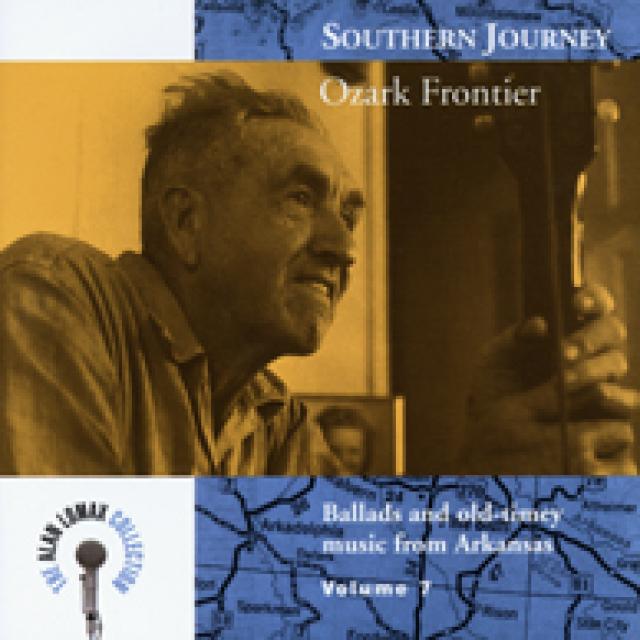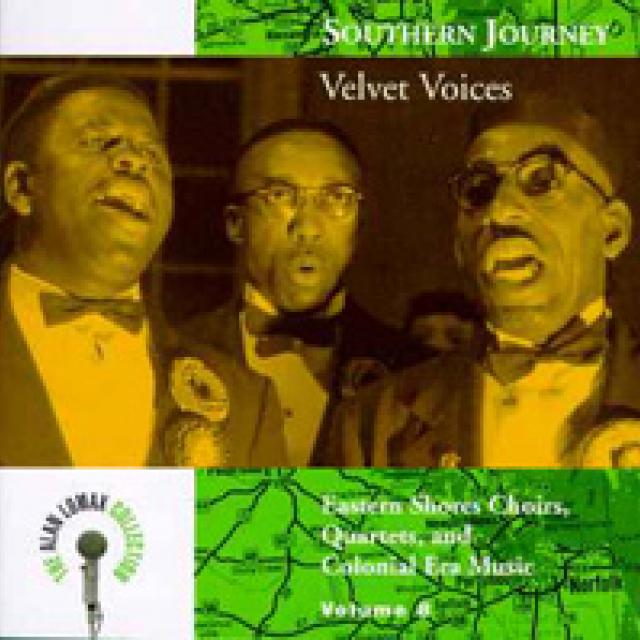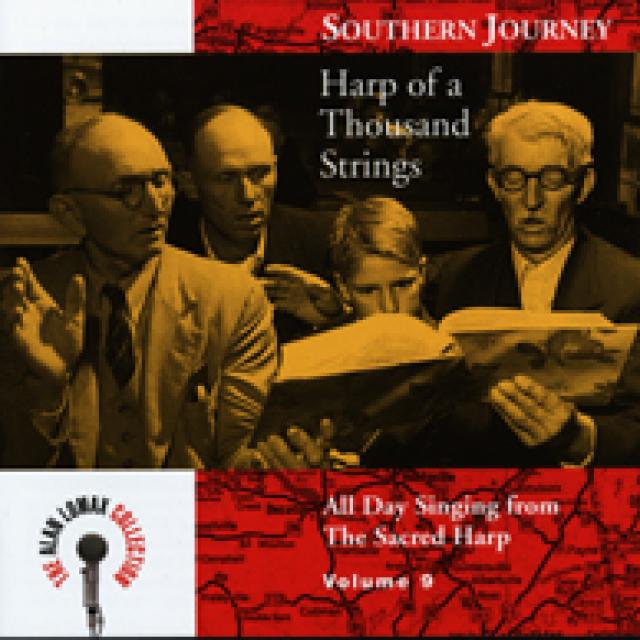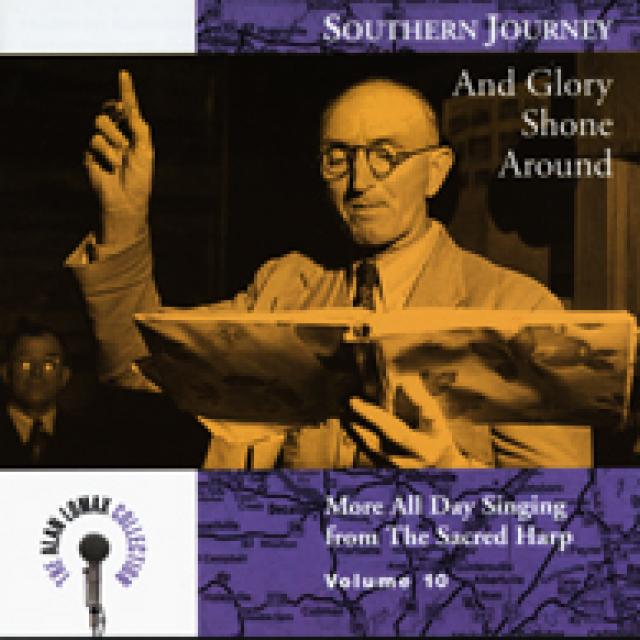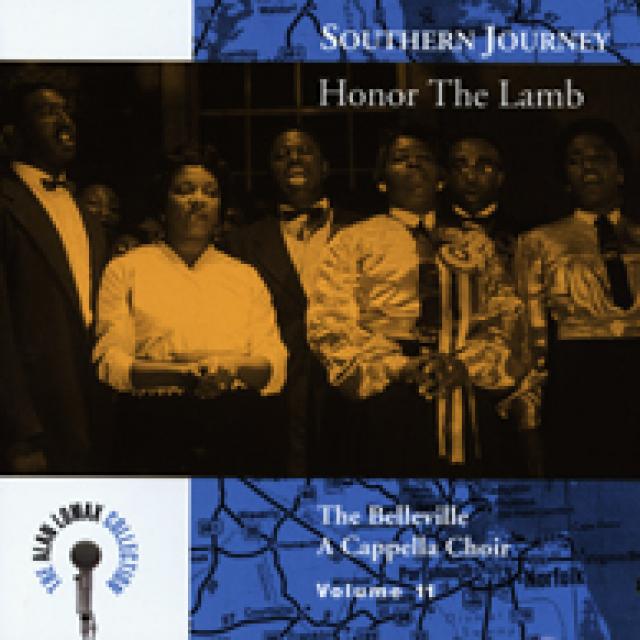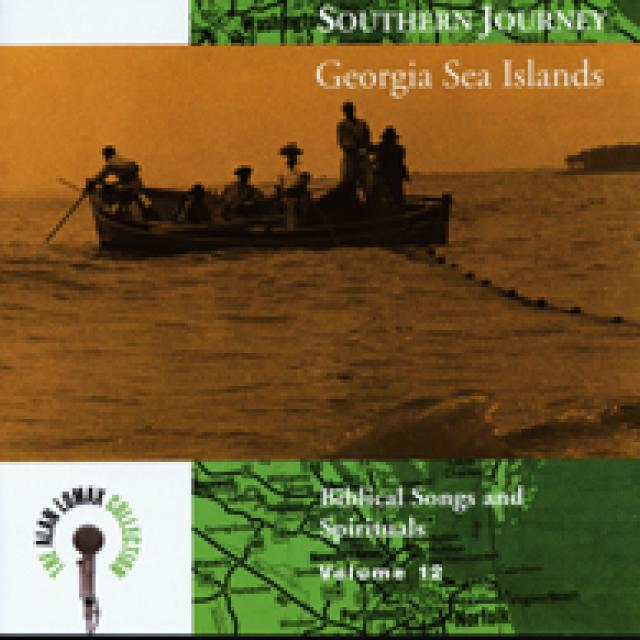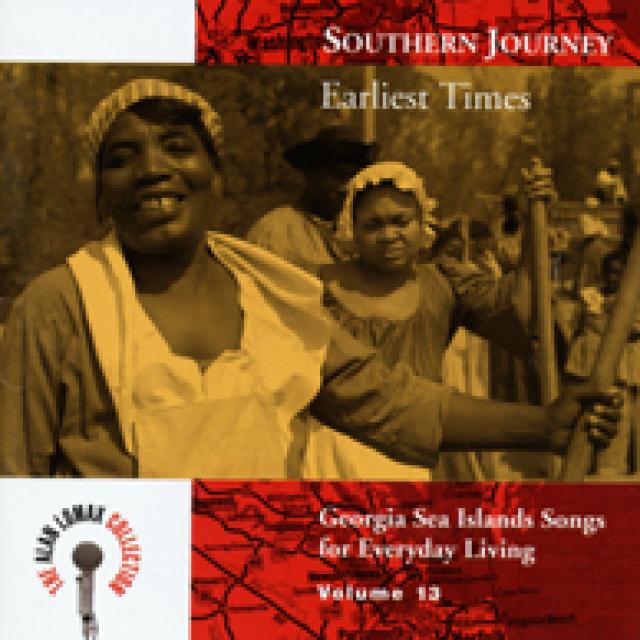Recorded by Alan Lomax, with assistance from Shirley Collins and Anna Lomax
Includes original notes by Alan Lomax
Series Editors: Matthew Barton and Andrew L. Kaye
Pioneering the use of stereo recording in the field, Alan Lomax made his “Southern Journey” in 1959–60, returning to the rural South (after 10 years abroad) and rediscovering its still-vital traditions. He traveled from the Appalachians to the Georgia Sea Islands, from the Ozarks to the Mississippi Delta, recording blues, ballads, breakdowns, hymns, shouts, chanteys, and work songs. When they were released by Atlantic Records (1960) and Prestige Records (1962), these recordings served as inspiration and guide to a new generation of musicians passionately interested in the heritage this music represents. These remasterings of the originals, including previously unissued tracks, offer us a new opportunity to appreciate and learn from these vibrant performances recorded in their home settings.
“Over-estimating the importance of this collection is impossible.” —The Economist
“Superb, beautifully recorded, evidently heartfelt, richly contextualized here as treasures of an American culture not yet in thrall to mass mediation.” —The Wire
“Raw, honest soulful, and spiritually and emotionally moving… Be warned, though: once you start digging into stuff as authentic and visceral as this, it’s hard to go back.” —Ray Gun
“This collection shows how vital musical history can be.” —Wired
“Mind-boggling and beautiful.” —The Louisville Eccentric Observer
“These recordings are all in stereo and they are absolutely STUNNING!” —The Tracking Angle

